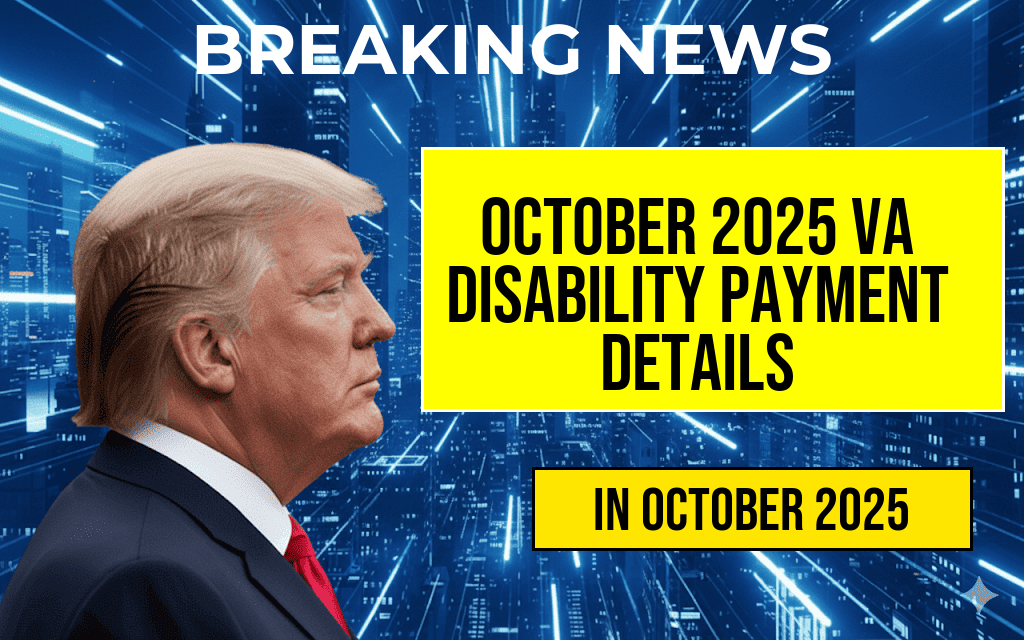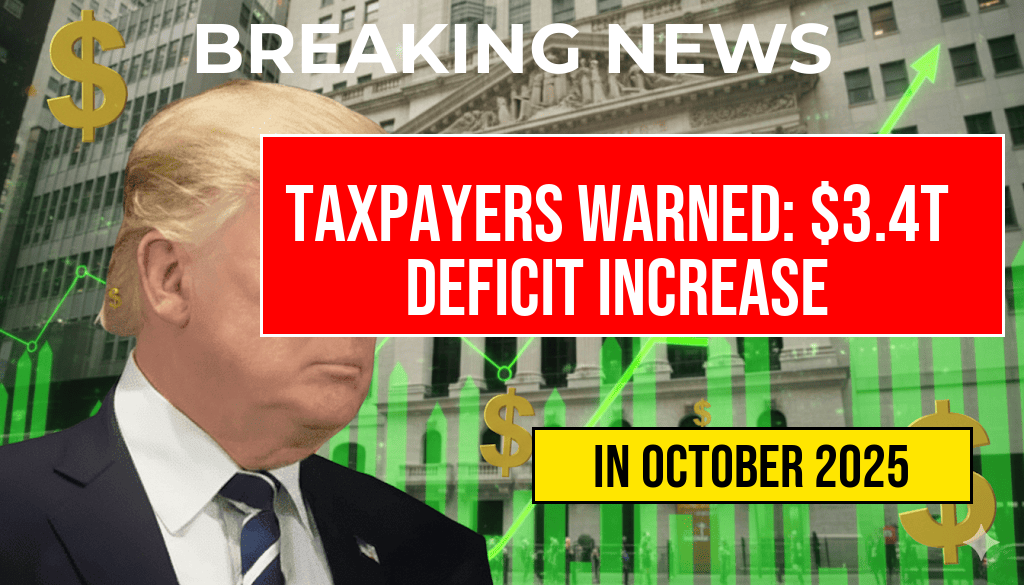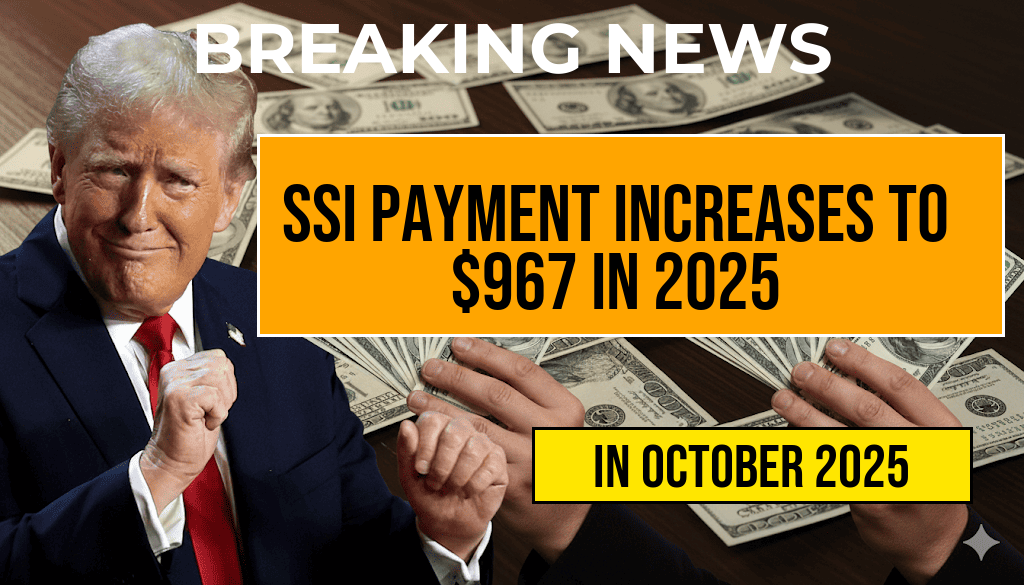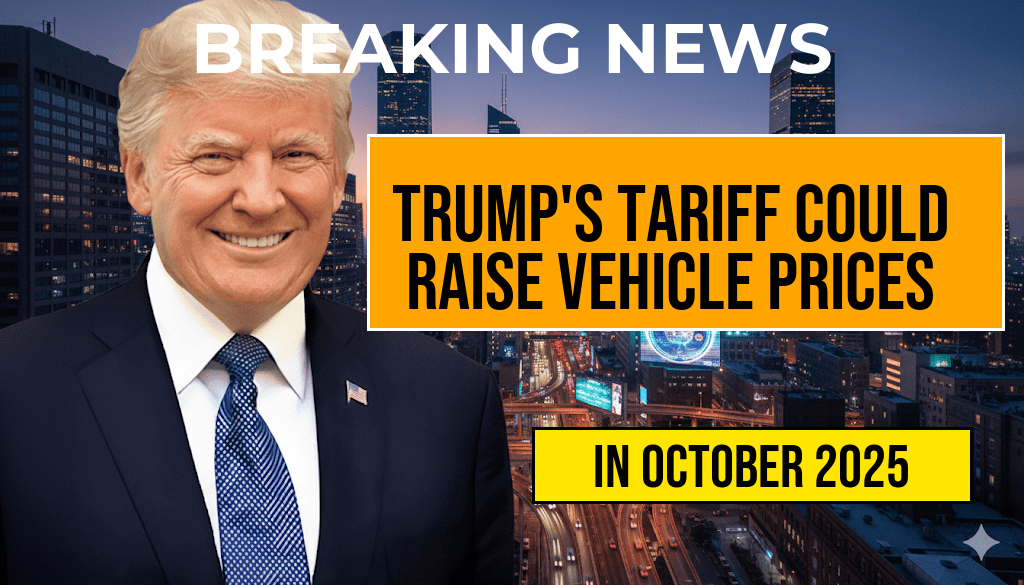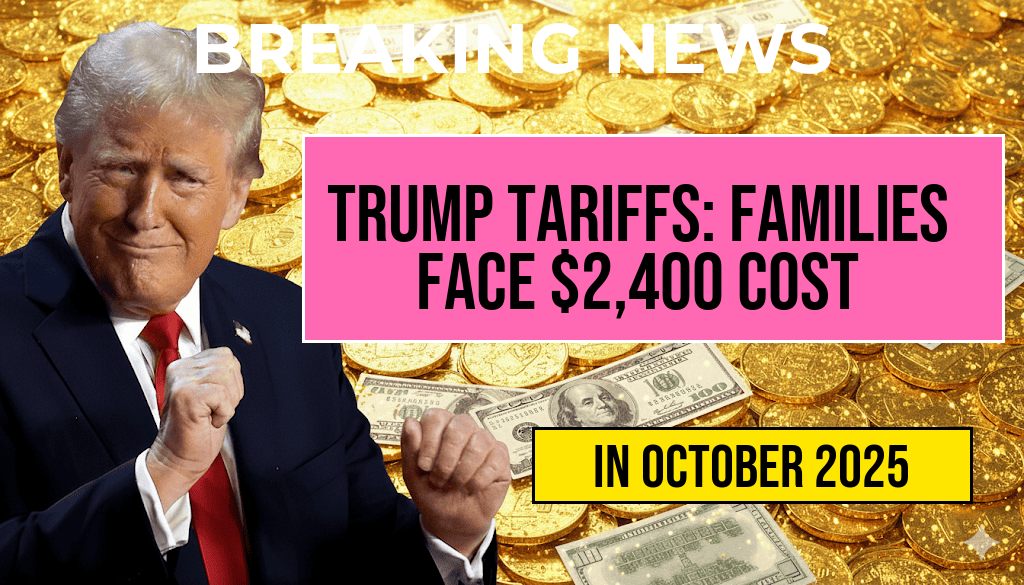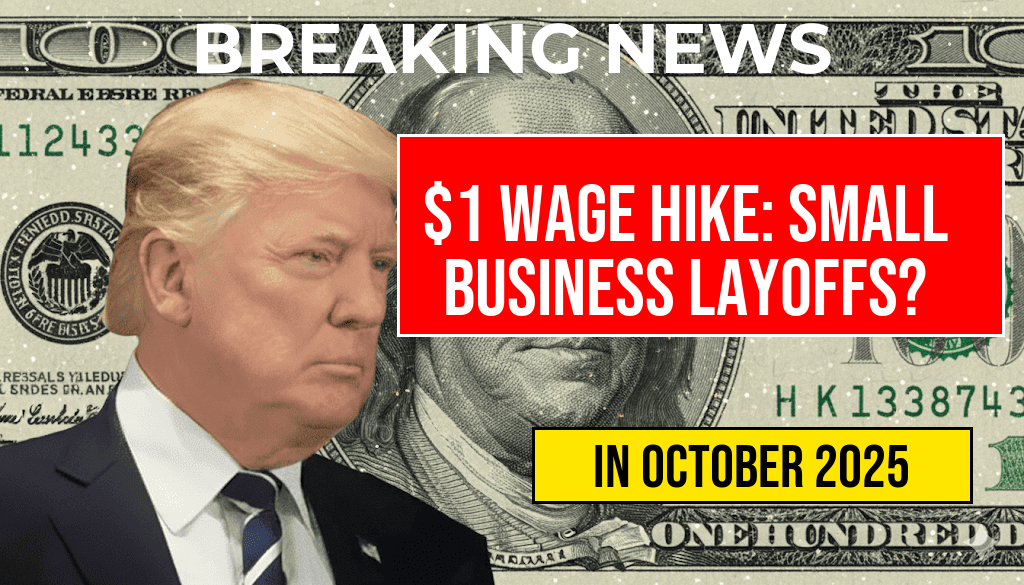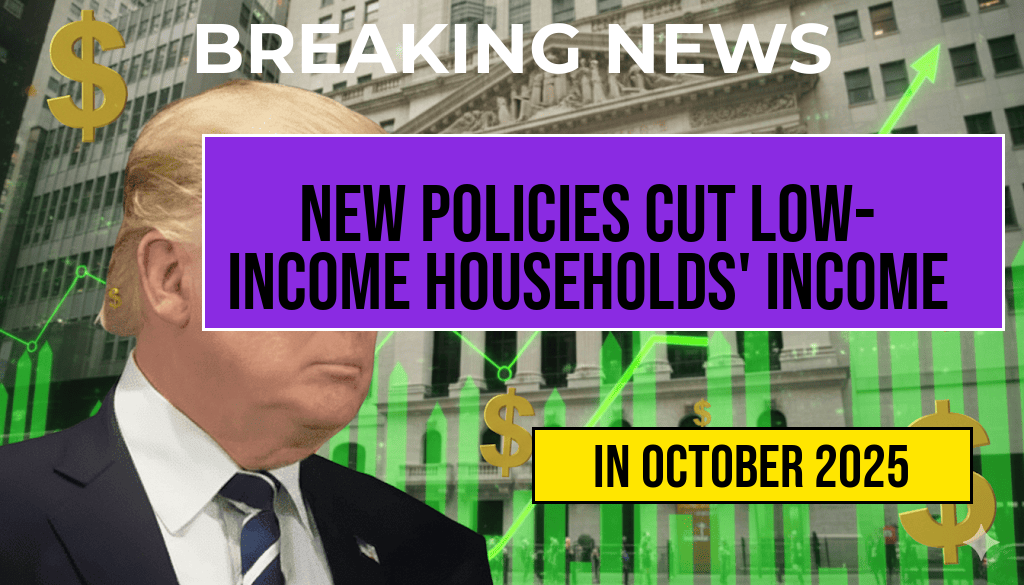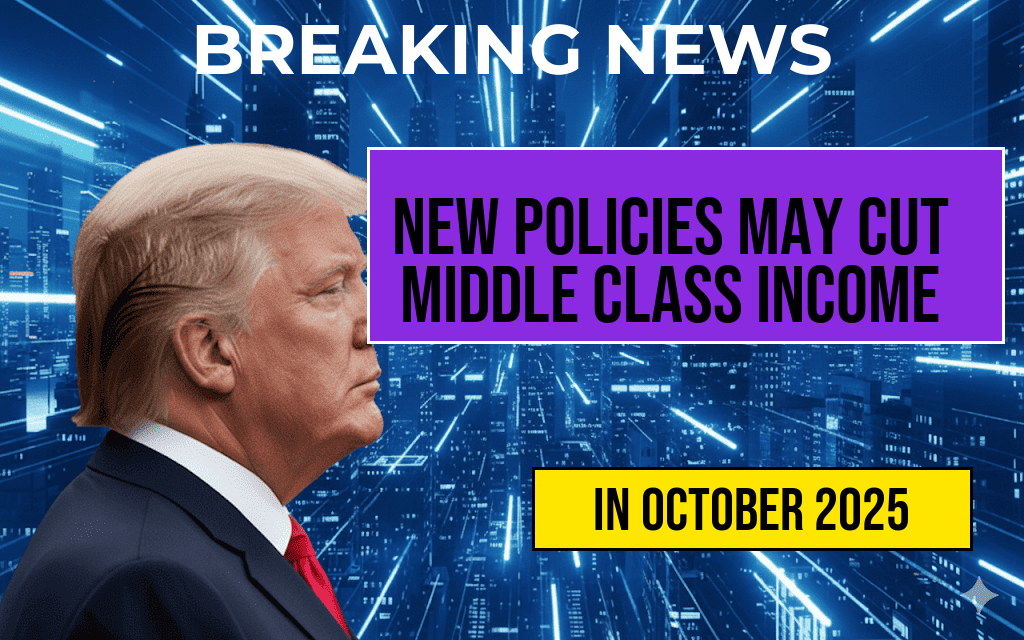Former President Donald Trump’s recent tariff threats could significantly impact the automotive industry, potentially driving vehicle prices up by as much as $5,286. This alarming projection arises from proposed tariffs on imported vehicles and auto parts, aimed primarily at countries like China and the European Union. Economists and industry experts warn that such measures could lead to increased production costs for manufacturers, ultimately translating to higher prices for consumers. As the U.S. economy grapples with inflationary pressures, the potential for increased vehicle costs poses additional challenges for American families already facing rising prices on essential goods.
Understanding the Tariff Proposal
The tariffs in question are part of Trump’s ongoing trade strategy, which he argues is necessary to protect American jobs and manufacturing. The proposed tariffs could affect a wide range of vehicles, including passenger cars and trucks, as well as components vital to their production. Analysts suggest that while the intention behind these tariffs may be to bolster domestic manufacturing, the immediate effect could be an escalated cost for consumers.
Projected Price Increases
According to a recent study by the Center for Automotive Research, the proposed tariffs could raise the average price of new vehicles significantly. The report indicates that:
- The average increase in vehicle prices could reach $5,286.
- Luxury vehicles may see even steeper price hikes due to their reliance on imported components.
- Entry-level models, which are typically more budget-friendly, could also become less accessible for lower-income consumers.
Impact on Consumers and the Economy
The potential for higher vehicle prices comes at a time when many American households are already feeling the pinch from rising inflation. With costs for groceries, housing, and healthcare also climbing, the prospect of paying more for a car could push some families to reconsider their purchasing decisions.
Industry Reactions
The automotive industry has been vocal about its concerns regarding the tariff proposals. Major manufacturers, including General Motors and Ford, have expressed apprehension that such tariffs could undermine their competitiveness in a global market. In a recent statement, Ford’s chief executive officer mentioned that “increased tariffs could lead to job losses rather than job creation,” highlighting the potential unintended consequences of protectionist policies.
Global Supply Chain Considerations
The automotive industry is intricately linked to global supply chains, with many components sourced from various countries. Tariffs on imports could disrupt these established networks, leading to delays and increased costs. A World Trade Organization report indicates that protectionist measures can lead to retaliatory tariffs, further escalating trade tensions and possibly resulting in a trade war.
Long-term Implications
While the short-term effects of Trump’s tariff threats may be clear, experts warn that the long-term implications could be profound. Increased vehicle prices could lead to a reduction in sales, negatively affecting manufacturers’ bottom lines and possibly leading to layoffs in an already strained job market. Additionally, consumers may opt for used vehicles or delay purchases entirely, further complicating the economic landscape.
Looking Ahead
As the automotive industry braces for potential changes, both manufacturers and consumers will need to stay informed about developments in trade policy. The upcoming months could prove crucial in determining whether these tariff proposals will be implemented and how they will impact the market.
| Vehicle Type | Average Price Increase |
|---|---|
| Passenger Cars | $4,500 |
| Trucks | $5,286 |
| Luxury Vehicles | $6,000+ |
As the automotive sector navigates these turbulent waters, policymakers will need to consider the broader implications of their decisions, balancing the protection of domestic jobs with the realities of a global economy.
Frequently Asked Questions
What is the potential impact of Trump’s tariff threat on vehicle prices?
The tariff threat from Trump could lead to an increase in vehicle prices by as much as $5,286, significantly affecting consumers and the automotive market.
Which types of vehicles are most likely to be affected by these tariffs?
The tariffs are expected to impact a wide range of vehicles, particularly those imported from countries subject to the tariffs, including trucks and SUVs, which are popular among consumers.
How might these tariffs affect the overall automotive industry?
The implementation of these tariffs could lead to increased production costs for manufacturers, potentially resulting in higher prices for consumers and a slowdown in the automotive industry.
What could be the long-term effects of rising vehicle prices due to tariffs?
Long-term, rising vehicle prices due to tariffs may decrease consumer demand, impact sales, and lead to a shift in buying trends, as consumers may seek more affordable alternatives.
Are there any exemptions to the proposed tariffs on vehicles?
Currently, it is unclear if there will be any exemptions to the proposed tariffs; however, discussions may continue regarding potential exclusions for certain automakers or vehicle types.

